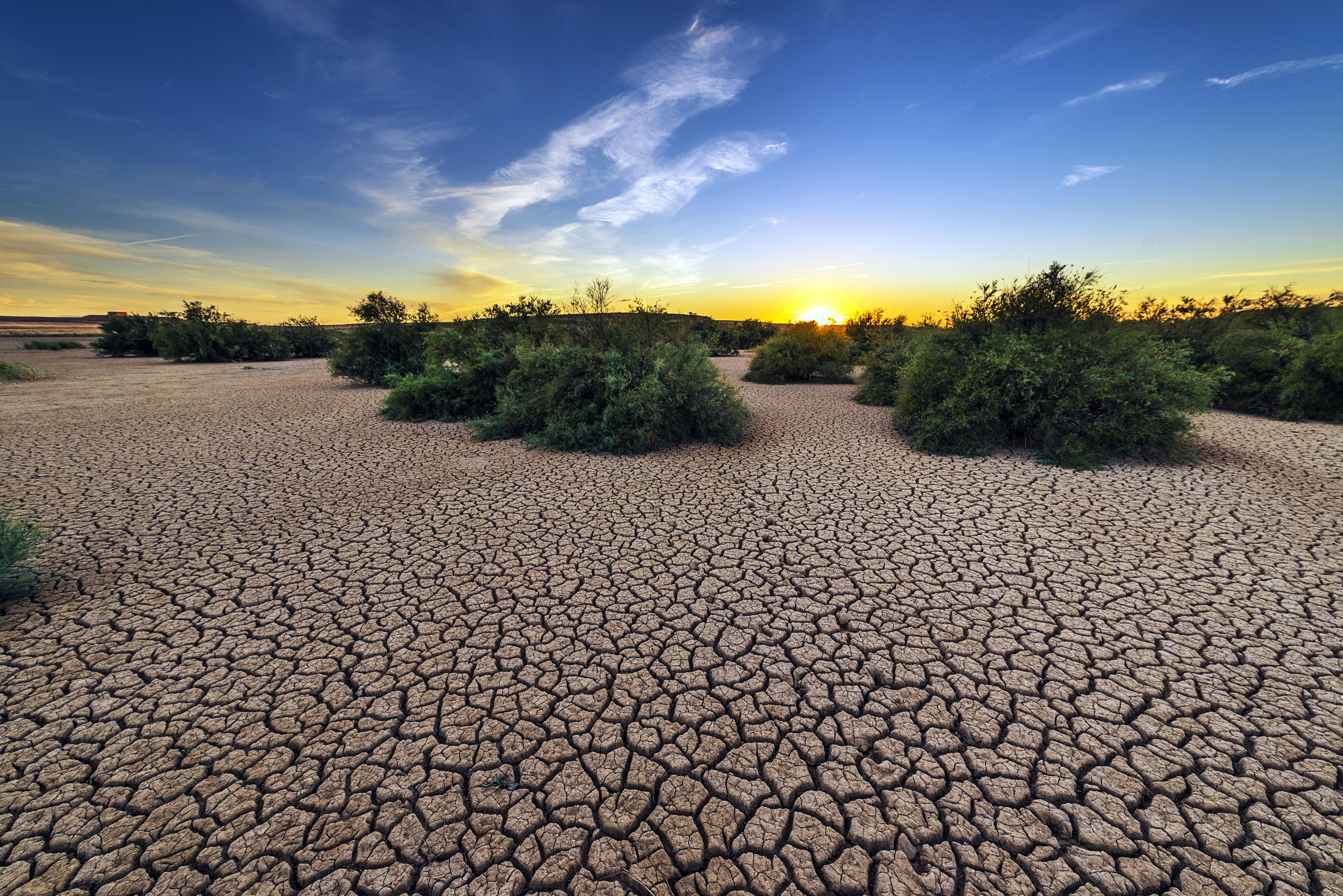View of São Paulo
Copyright© GKSP/Jéssica Mangaba
Global Partner Brazilian-German development cooperation enters new phase
Press release 27 January 2023 | Today, Development Minister Schulze will be leaving for a three-day visit to Brazil, where she will meet some of the new Brazilian ministers and also union and business representatives. The talks are intended to revitalise the two countries' development cooperation. The focus will be on ways of ensuring that Brazil's envisaged transition to an environmentally sound, sustainable economy will be socially compatible. Deforestation and the degradation of the Amazon are to be stopped and alternative sources of income are to be created for the people. The meetings will also address the German Development Ministry's cooperation with Brazil's newly created Ministry of Indigenous Peoples. On Monday, Minister Schulze will be meeting President Lula together with Federal Chancellor Scholz.
Because of its key role in international politics and its significance for global climate change mitigation, Brazil is an important global partner for the Federal Ministry for Economic Cooperation and Development (BMZ). The total current portfolio of the BMZ's cooperation with Brazil comprises 1.25 billion euros' worth of projects. Germany's development policy focuses on the protection of global goods – the global climate, tropical forests, biodiversity. Specifically, cooperation in Brazil addresses the protection and sustainable use of the tropical forest; renewable energy and energy efficiency; and sustainable urban development. Special attention is given to the protection of vulnerable groups, such as indigenous communities.
While climate action was neglected by the previous government and deforestation rates in the Amazon region rose significantly again in the last few years, the new President, Luiz Inácio Lula da Silva, has embarked on reversing these policies. On the day of his inauguration, he reactivated the Amazon Fund (External link), which is financed by Germany and Norway. There are about 600 million euros in the Fund that can be used for new projects. The BMZ already made available another 35 million euros.
The high level of deforestation under the previous government was caused, above all, by land speculation, large-scale illegal land grabbing for grazing purposes and for medium-term conversion into farmland, and illegal logging. The situation was exacerbated by measures to weaken oversight authorities institutionally, financially and in terms of staffing levels, and by a lack of prosecution and enforcement with regard to violations of environmental legislation. Only seven per cent of the fines are actually paid. In recent years, there has been a massive rise in attacks on indigenous communities and violations of their human rights, and in invasions of indigenous lands.
President Lula has announced that both illegal and legal deforestation is to be ended by 2030. Under the new government, a separate ministry for indigenous affairs was created for the first time, headed by activist Sônia Guajajara.
Minister Schulze said, “By setting up a ministry for indigenous affairs, the new government has sent a strong signal for an inclusive and just society in which all people are heard and in which the resources and livelihoods of all groups are respected. Just recently, through the riots in Brasília at the beginning of this year, it became evident how very fragile social peace is, and how divided society is after years of polarisation. I want to discuss with Minister Guajajara how Germany can support this path-breaking new ministry.”
Tomorrow (Saturday) in São Paulo, Minister Schulze will first meet representatives of the manufacturing and energy industries and then trade union representatives. On Sunday, she will travel to Brasília, where she will have meetings with members of President Lula's Cabinet – Minister Guajajara, Environment Minister Marina Silva, and Labour Minister Luiz Marinho – and also with Joênia Wapichana, the President of FUNAI (National Indigenous Foundation). On Monday afternoon (Brazilian time), Minister Schulze will be meeting President Lula together with Federal Chancellor Olaf Scholz.


